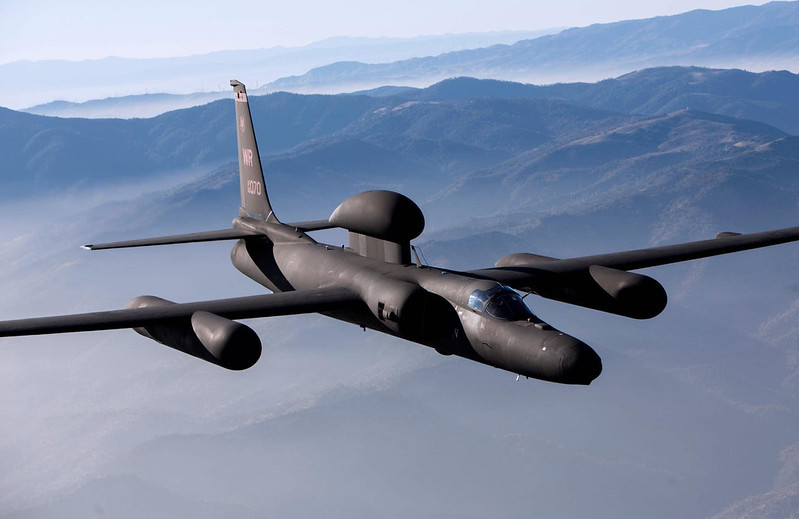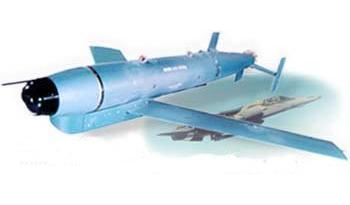The US plan to become the world’s cleantech superpower
Financial Times skrev:Nor is it happening in any clean energy sector in America. Across the country, a new revolution is under way in sectors from solar to nuclear, carbon capture to green hydrogen — and its goals are profound: to rejuvenate the country’s rustbelt, decarbonise the world’s biggest economy, and wrest control of the 21st-century’s energy supply chains from China, the world’s cleantech superpower.
The world is only just beginning to contend with what it means. Less than three years ago, the US had ditched the Paris agreement on climate change and then president Donald Trump was touting an era of American energy dominance based on the country’s fossil fuel abundance. Europeans chided the US for its foot-dragging over climate.
Since then, President Joe Biden has passed sweeping legislation to reverse course. Last year’s colossal Inflation Reduction Act and its hundreds of billions of dollars in cleantech subsidies are designed to spur private-sector investment and accelerate the country’s decarbonisation effort.
Som bekant missade Trump klimattåget och lämnade walkover till Kina. I år väntas Kina installera
mer än tre gånger så många solpaneler som tvåan USA. Förra året
satsade Kina lika mycket på energiomställningen som resten av världen tillsammans. Dominansen inom investeringar i batteritillverkning är total:
Tim Smedley skrev:Also dominant is the investment of just one country: China. China’s energy transition spend hits $546 billion — around half the world’s total. In second place, the US total of $141 billion in 2022 was up 11% from 2021. However, the EU (not shown in chart below) is in unofficial second place, at $180 billion. China accounted for 91% of investments in battery technology alone.
Nu försöker Biden vända utvecklingen med Inflation Reduction Act. Däremot röstade inte en endaste republikansk senator för klimatsatsningen, och frågan är vad som händer vid ett eventuellt maktskifte. Klimatfrågan har blivit en del av det så kallade kulturkriget - tyvärr även i Sverige - och Republikanerna kan mycket väl tänkas lämna walkover igen. I så fall kan Kina hota med klimatsanktioner om någon lägger sig i en eventuell invasion av Taiwan.
What China Has Learned From the Ukraine War: Even Great Powers Aren’t Safe From Economic Warfare—If the U.S.-Led Order Sticks Together
Foreign Affairs skrev:For a year, China has been performing the “Beijing straddle,” tacking uncomfortably between these competing objectives under the white-hot light of international scrutiny. China has generally refused to sell arms to Russia and to circumvent sanctions on Moscow’s behalf because preserving global market access is more important to Beijing than any economic link to Russia. Simply put, China has no interest in being Russia’s proxy. But Beijing has also tried to have its cake and eat it, too, by endorsing Russia’s rationales for the conflict, coordinating with Moscow diplomatically while it cautiously abstains in United Nations votes, taking full advantage of discounted Russian oil, and enhancing economic linkages to Russia that do not violate Western sanctions. Indeed, China-Russia trade rose by a staggering 34.3 percent in 2022 to a record $190 billion.
[...]
But China wielded its economic might unilaterally against its own adversaries throughout this period. It just did so quietly, or often by justifying action on “public health” or environmental grounds, to punish a company from a country with which Beijing was locked in a diplomatic dispute. China would not generally acknowledge its punitive measures to be “sanctions” and publicly denied that these steps had anything to do with geopolitics. For example, when Chinese dissident Liu Xiaobo was awarded the Nobel Peace Prize in 2010, Norway’s salmon exports to China not-so-mysteriously collapsed. In 2016, when the Dalai Lama visited Mongolia, hundreds of truck drivers for the mining conglomerate Rio Tinto, which owns 66 percent of the country’s leading copper and gold deposits, found themselves stuck in a massive traffic jam caused by a “temporary” Chinese border closure. The Philippines’ assertion of maritime claims in the South China Sea in 2014 led to a sudden Chinese declaration that tons of Philippine bananas were contaminated with pesticides; the Philippines temporarily lost the most important market for one of its largest exports. Similarly, South Korea’s deployment of a U.S. missile defense system provided by the South Korean conglomerate Lotte led China to shutter 90 Lotte supermarkets in China in 2017 for “fire safety.” China also quietly instructed its tourism sector to cut the number of Chinese group tours to South Korea. It is estimated that South Korea lost $5.1 billion in revenues as a result.
In these cases, Beijing clearly wanted the targeted countries—and the world—to understand that these were geopolitically motivated measures; it aimed to punish certain policies by these countries and discourage future choices and behaviors that would disadvantage China. But the informal nature of these actions allowed China to dial them up or down without any explanation and permitted Beijing to cling to its public claim that unilateral coercive economic measures have no place in the international system.
[...]
China can wield frightening influence over its individual trading partners, but it does not have a corresponding coalition to muster. This is a liability on offense and defense. The limitations of China’s offensive economic weapons have already been seen in recent years. When Beijing targeted Australia and Lithuania with harsh measures, both countries withstood them thanks to economic and political support from a number of friends and partners. And China remains vulnerable to broad, concerted sanctions from the advanced economies of the world. The threshold for such an economic attack would undoubtedly be quite high, but another kind of deterrence is the fact that Beijing cannot know exactly how high.
Kinas största utmaning är emellertid att landet saknar allierade. Inte ens Pakistan kan ses som en
pålitlig partner. På senare tid har landet vänt sig till USA för att få ekonomisk hjälp och sålt ammunition till Ukraina i ren desperation. Redan innan översvämningarna befann sig Pakistan i en svår ekonomisk kris.






